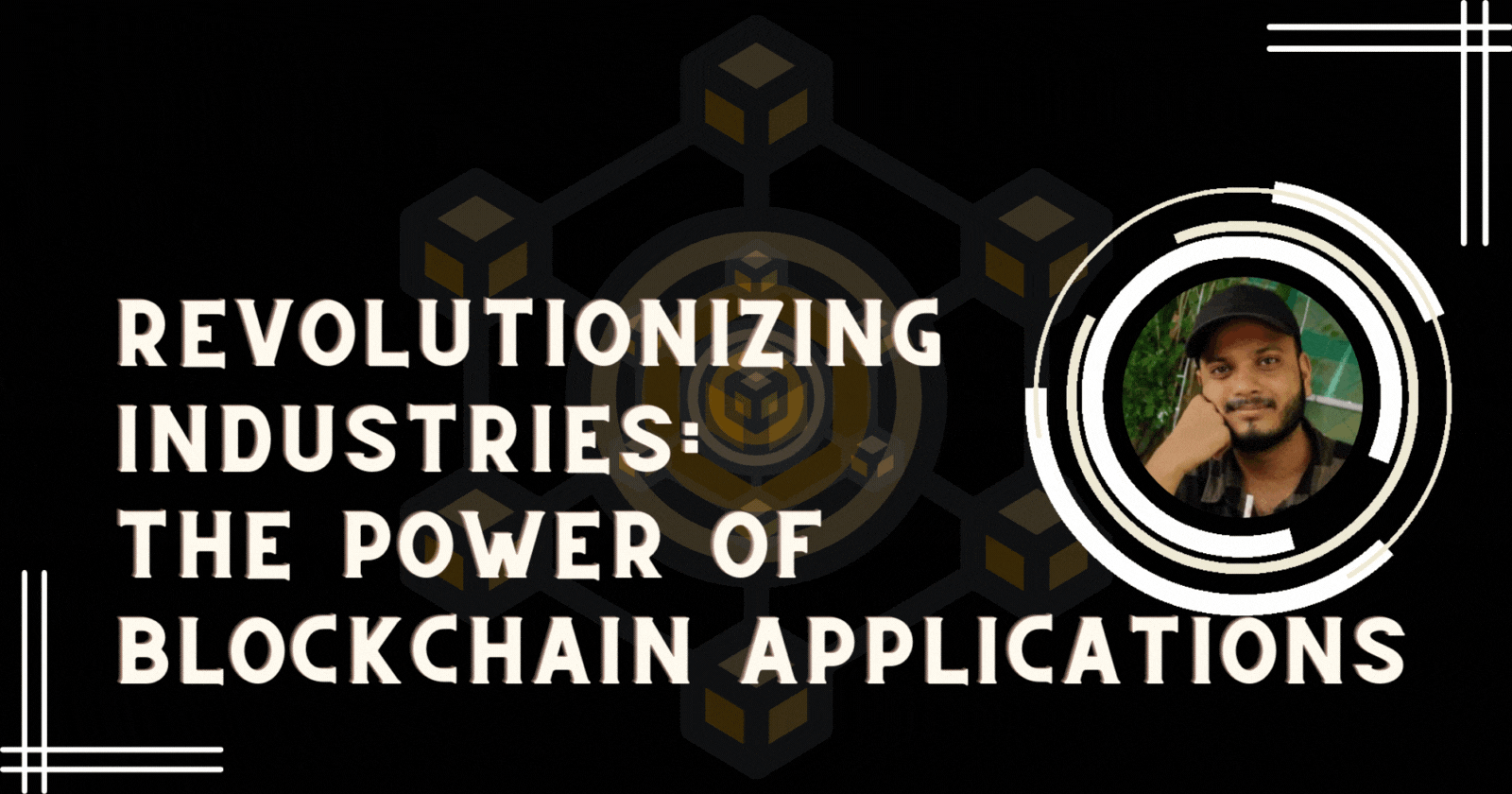Blockchain technology has been gaining a lot of attention in recent years due to its potential to disrupt industries and improve business processes. In this blog, we will explore some of the most promising enterprise applications of blockchain technology, including cross-border payments, know your customer (KYC), food security, a mortgage over blockchain, blockchain-enabled trade, We Trade - trade finance network, supply chain financing, and identity on the blockchain.
Cross-Border Payments
One of the most promising applications of blockchain technology is cross-border payments. Traditional payment systems can be slow, expensive, and prone to errors. Blockchain technology can offer a faster, more secure, and cheaper way to send money across borders. By using blockchain, transactions can be processed in real-time, and intermediaries such as banks can be eliminated, reducing transaction costs.
For example, Ripple is a blockchain-based payment system that aims to facilitate cross-border payments. Ripple allows financial institutions to settle transactions in seconds, with end-to-end tracking and certainty. This technology has already been adopted by several financial institutions, including Santander and American Express.
Know Your Customer (KYC)
KYC is a process that financial institutions use to verify the identity of their customers. This process is crucial for preventing fraud, money laundering, and terrorism financing. However, the traditional KYC process can be time-consuming, expensive, and prone to errors. Blockchain technology can streamline the KYC process by creating a secure and immutable ledger of customer information.
For example, Deloitte has developed a blockchain-based KYC platform that allows financial institutions to share customer data securely and efficiently. This platform can reduce the time and cost of the KYC process, while also improving the accuracy of customer data.
Food Security
Food security is a major global challenge, with around 800 million people experiencing hunger or malnutrition. Blockchain technology can help improve food security by creating a transparent and traceable supply chain. By using blockchain, food producers, distributors, and retailers can track the movement of food products, ensuring that they are safe and meet regulatory standards.
For example, Walmart has implemented a blockchain-based system that allows the retailer to track the movement of food products from the farm to the store. This system can quickly identify the source of food contamination, allowing for a faster and more effective response to food safety issues.
Mortgage over Blockchain
Mortgage over the blockchain is an application of blockchain technology that aims to simplify the mortgage process. By using blockchain, mortgage lenders can create a secure and transparent ledger of mortgage transactions. This ledger can be used to track the ownership and transfer of mortgage assets, as well as to automate the payment and settlement process.
For example, Fannie Mae and Freddie Mac, two of the largest mortgage lenders in the US, are exploring the use of blockchain technology for mortgage transactions. This technology has the potential to reduce the time and cost of mortgage processing, while also improving the accuracy and security of mortgage transactions.
Blockchain-Enabled Trade
Blockchain-enabled trade is an application of blockchain technology that aims to improve the efficiency and security of global trade. By using blockchain, trade participants can create a secure and transparent ledger of trade transactions, reducing the risk of fraud and errors. This technology can also enable faster and more efficient trade finance, reducing the time and cost of trade transactions.
For example, Maersk and IBM have developed a blockchain-based trade platform that allows participants to track the movement of goods and documents across the supply chain. This platform can reduce the time and cost of trade transactions, while also improving the security and transparency of trade.
We Trade - Trade Finance Network
We Trade is a blockchain-based trade finance network that aims to simplify the trade finance process. By using blockchain, We Trade can create a secure and transparent ledger of trade finance transactions, reducing the time and cost of trade finance. This network also allows trade participants to access a range of trade finance services, including financing, insurance, and logistics.
We Trade was developed by a consortium of nine major banks, including HSBC, Deutsche Bank, and Societe Generale. The platform has already processed over $1 billion in trade finance transactions, demonstrating the potential of blockchain technology to transform the trade finance industry.
Supply Chain Financing
Supply chain financing is an application of blockchain technology that aims to improve the efficiency and transparency of supply chain finance. By using blockchain, suppliers can create a secure and transparent ledger of supply chain transactions, allowing them to access financing more easily and at a lower cost.
For example, Komgo is a blockchain-based platform that aims to streamline the financing of commodities trade. The platform allows suppliers to create a secure and transparent ledger of supply chain transactions, allowing them to access financing more easily and at a lower cost. Komgo has already been adopted by several major commodity trading companies, including Shell and Mercuria.
Identity on Blockchain
Identity on the blockchain is an application of blockchain technology that aims to create a secure and transparent system for managing identity information. By using blockchain, individuals can create a digital identity that is secure, private, and verifiable. This technology can help reduce identity theft, fraud, and other forms of cybercrime.
For example, Civic is a blockchain-based identity platform that allows individuals to create a secure and verifiable digital identity. Civic uses biometric authentication, such as fingerprint scanning, to ensure that the identity information is accurate and secure. This technology has already been adopted by several businesses, including BitGo and Brave.
Conclusion
Blockchain technology has the potential to transform many industries, from finance to supply chain management. By creating a secure and transparent ledger of transactions, blockchain technology can improve efficiency, reduce costs, and increase security. As these applications of blockchain technology continue to develop and evolve, we can expect to see even more innovative uses of this groundbreaking technology in the future.

